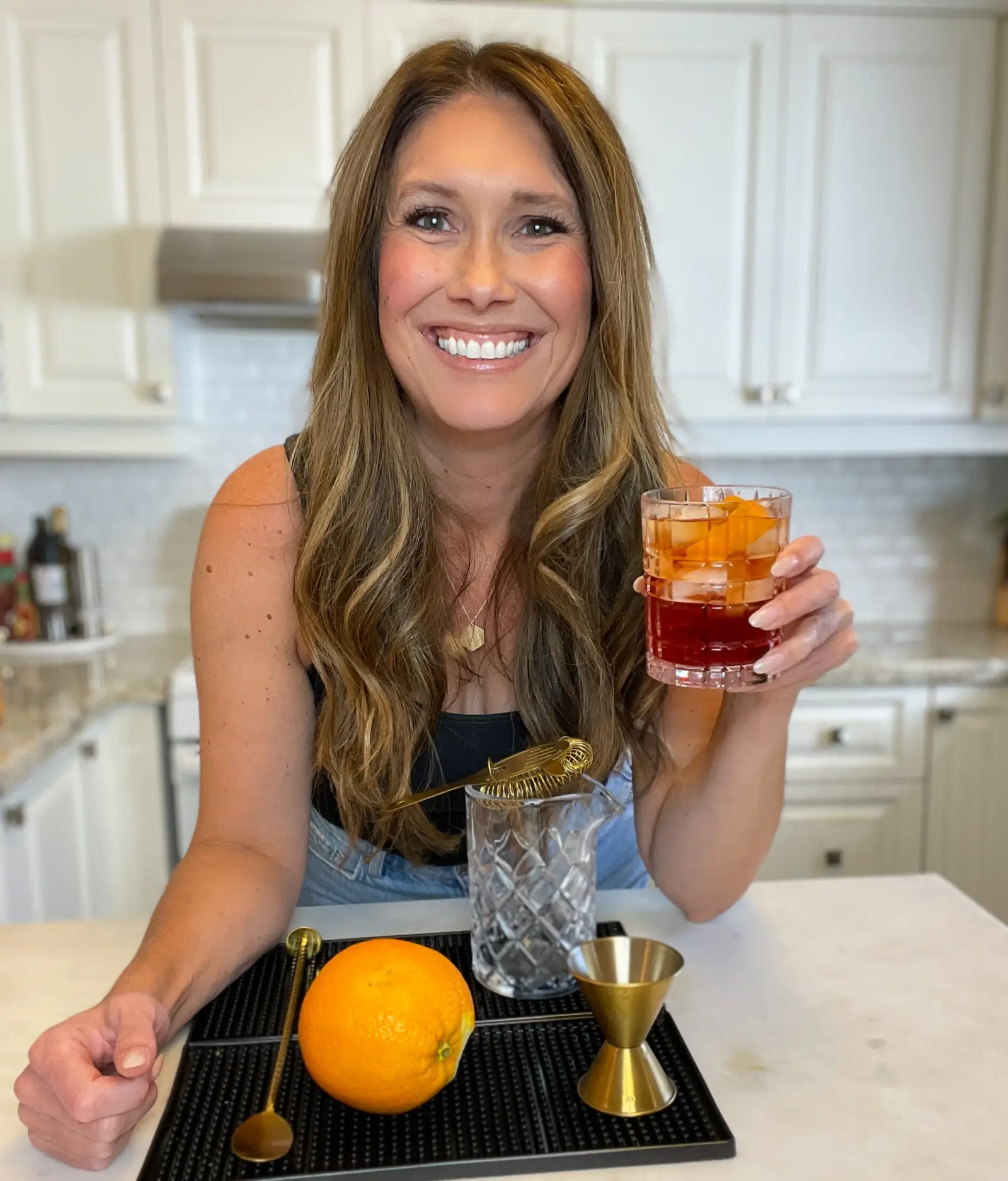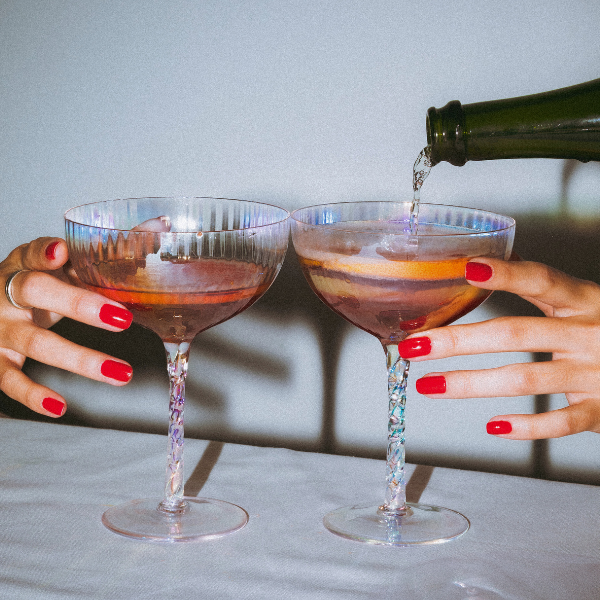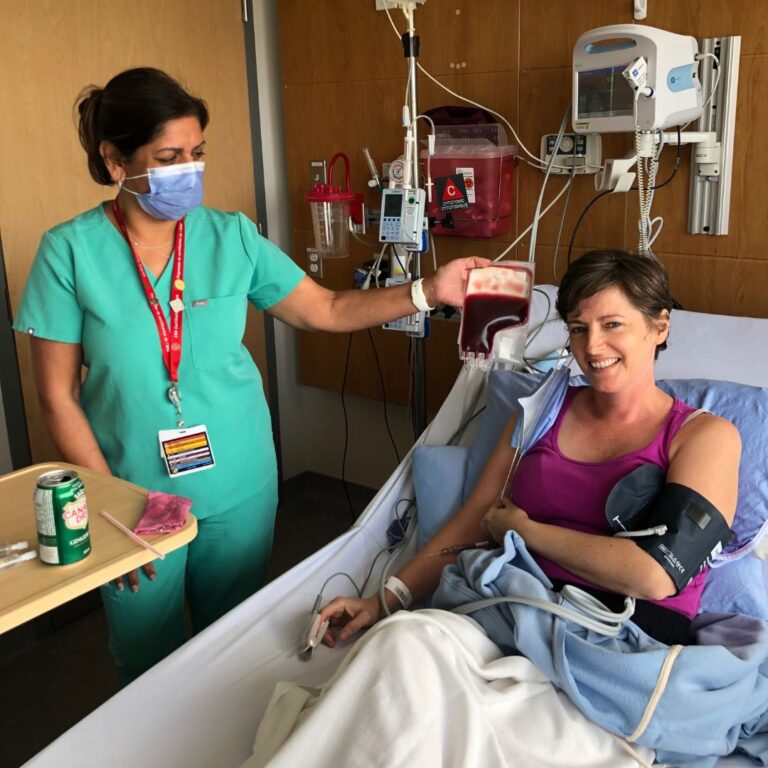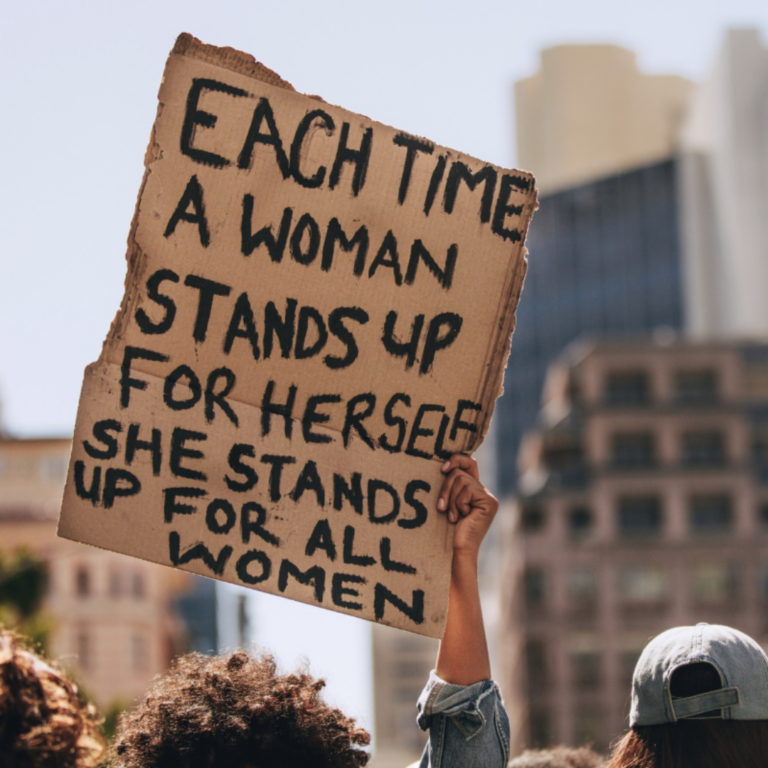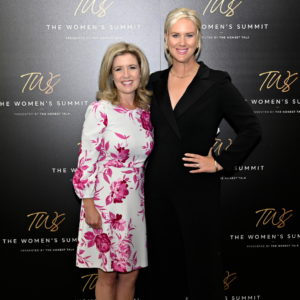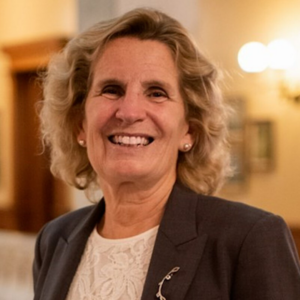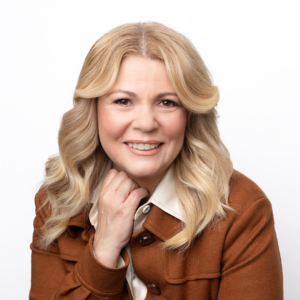Beyond nourishment: a fresh look at how men and women view food
Food17.11.2023
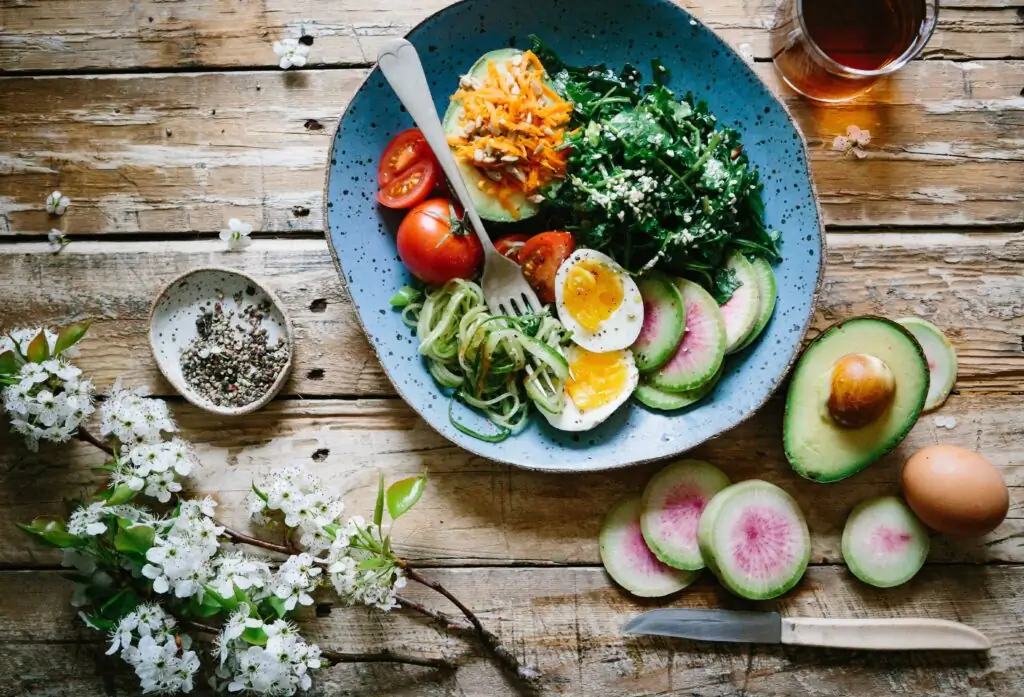
What role does food play in your life? Nourishment? Connection? Pleasure? Celebration? A brand-new poll by She/Her/Hers, Abacus Data’s women-focused practice, suggests the answer may be quite different depending on your gender.
While each of us may be aware of our own intricate relationship with the food we choose and eat, this survey confirms the experience is more universal than you may think — revealing intriguing differences in how men and women, especially younger women, perceive and interact with their diets.
Food for thought: the gender gap
For most of us, throughout most of our lives, eating is a daily activity. It only stands to reason that our approach to — and feelings about — something we do every single day can have an impact on our overall mood and well-being.
Given this, the survey explores an important topic: our relationship to food. Results show women — especially young women — have a much more negative relationship with food than men. When asked to describe their relationship with food, 75 per cent of men say they’ve always had a positive relationship with food. Only about half of women can say the same, with only 54 per cent reporting a positive relationship with food. For women between the ages of 18 and 29 the number drops significantly again, to only 33 per cent.
Women have a much more negative relationship with food than men.
With a rough estimate suggesting we spend about three years — or around four per cent — of our lives eating, it’s worth examining our feelings about that activity and asking ourselves, if we’re not enjoying our food, why not?
On the menu: more than just food

Virtue signalling. Body shaming. Microaggressions. Social pressure isn’t new, but in our always-on society it’s incredibly easy to judge and feel judged.
This survey explores the influence of social pressures and expectations in shaping women’s relationships with food. Thirty-eight per cent of women agree, “When eating with others, I’ve felt social pressure when it comes to what I eat or how much I eat.” This is six points higher than men. And, again, the results are more pronounced in the 18- to 29-year-old age group with over half — 52 per cent — agreeing with this statement.
38% of women agree, “When eating with others, I’ve felt social pressure when it comes to what I eat or how much I eat.”
Most of us read and hear other people’s opinions all day long and it’s no surprise this would drive a heightened sensitivity about our food choices in public, steering us away from the double bacon BBQ burger, or causing us to skip dessert.
Serving up image: weighing the motives behind our meals
We may wish it wasn’t so, we might like to pretend it’s not the case, but it’s still true that our appearance often intersects with and influences our personal and professional success.
In the survey, a quarter of young women (aged 18 to 29) said that eating a nutritious, balanced diet is important exclusively to help them have the body or appearance they desire.
A quarter of young women said that eating a nutritious, balanced diet is important exclusively to help them have the body or appearance they desire.
This finding is noteworthy, especially considering the young age of the respondents. A preoccupation with physical appearance has been linked to issues including low-self esteem, anxiety and depression, social withdrawal, and eating disorders.
The survey’s findings were fascinating to Oksana Kishchuk, Director, Strategy & Insights at Abacus Data, who seized the opportunity to get a She/Her/Hers perspective as part of Abacus’s month-long focus on food and agriculture. “When we’re talking about food and consumption, ideally, the conversation is about health and wellness and nutrition,” Oksana says. “But with half of young women saying they feel social pressure to eat certain things or certain amounts, that’s quite troubling.”
“We were interested to learn about that dance between, ‘I’m eating for health,’ while ‘I’m also very aware of what’s happening around me, and my social circle, and how I look,’” she adds. “It’s something we’re curious to continue exploring.”
It’s something we at The Honest Talk are equally curious about. We hope you’ll reach out and let us know how these findings resonate with you. We’d also love it if you have a story to share — short or long — about your own relationship with food. She/Her/Hers can provide the data, and we can share it with you, but it’s your stories that will bring it to life — please contact us at admin@thehonesttalk.ca.
Note: This is the first instalment in an ongoing partnership between The Honest Talk and She/Her/Hers (an Abacus Data practice). We look forward to leveraging the insights from this collaboration to deliver stories shaped by real data, on issues you recognize and care about.
Methodology: This survey was fielded online with n=2,000 gen pop adults in Canada (including n=1,162 women) from October 27 to November 1. This survey was paid for by Abacus Data. If you have any questions about the survey or data, please reach out to Oksana Kishchuk or Yvonne Langen.



